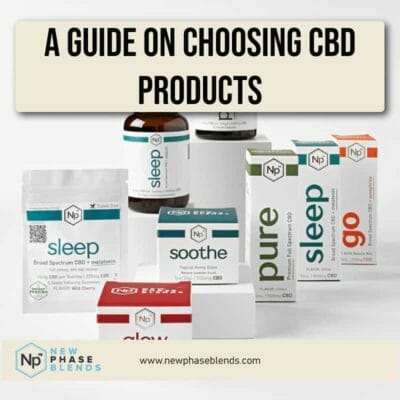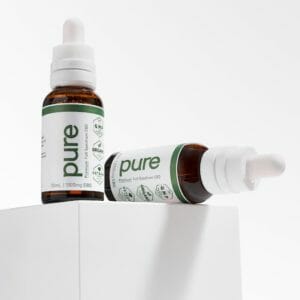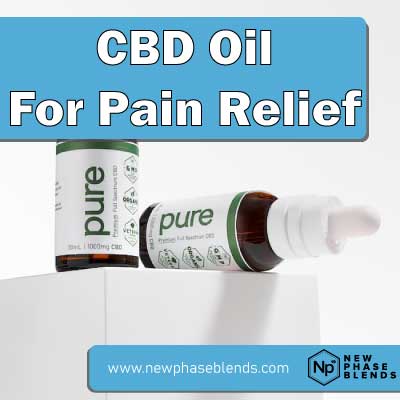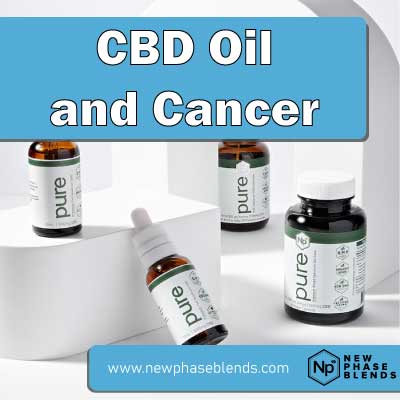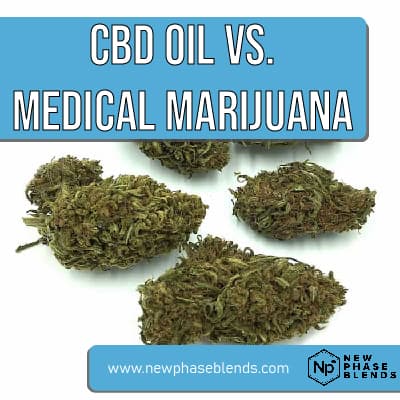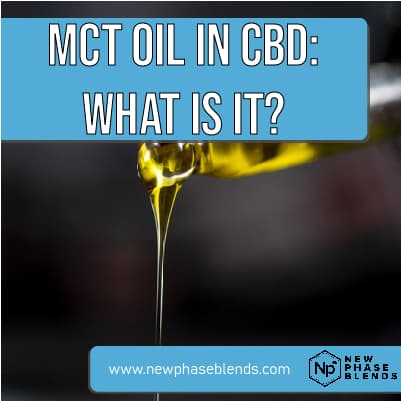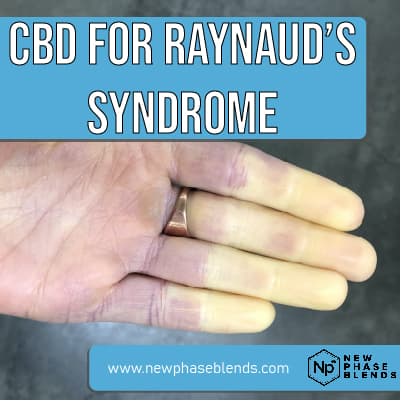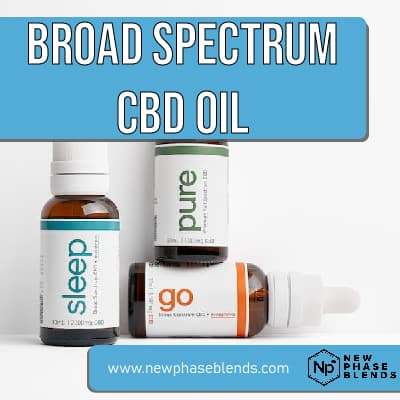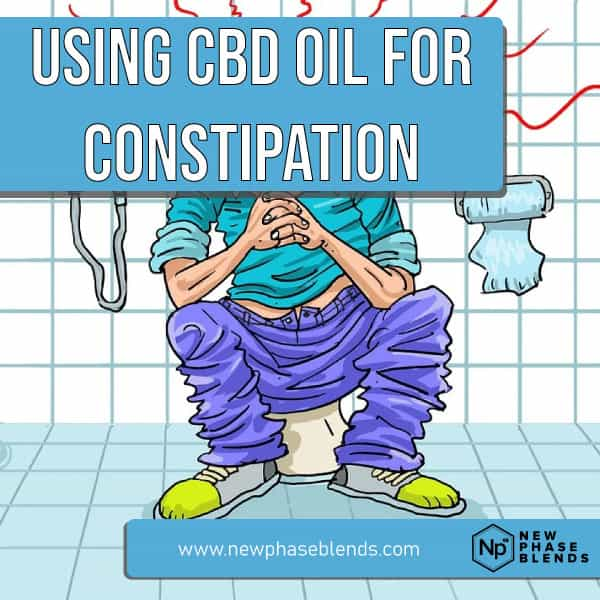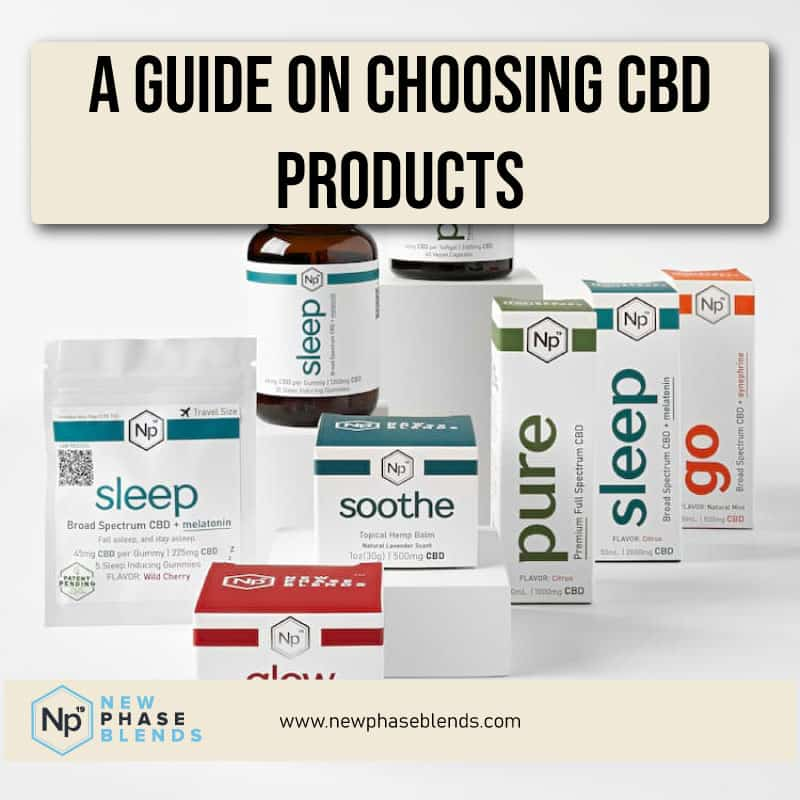Having a difficult time choosing a CBD oil to buy? Navigating the vast world of CBD products can feel overwhelming, especially with the market expanding to include everything from oils to bath bombs. Whether you’re new to CBD or looking to refine your product selection, this comprehensive guide will help you make an informed decision about choosing the right CBD oil for your needs.
Key Factors in Choosing CBD Oil
The quality of your CBD oil can significantly impact your experience. Several key factors deserve careful consideration during the selection process.
First and foremost, look for products that come with comprehensive third-party lab testing results, often called a Certificate of Analysis (COA). These tests verify the product’s CBD content and check for potential contaminants like pesticides, heavy metals, and residual solvents. Reputable companies make these results easily accessible through their website or QR codes on product packaging.
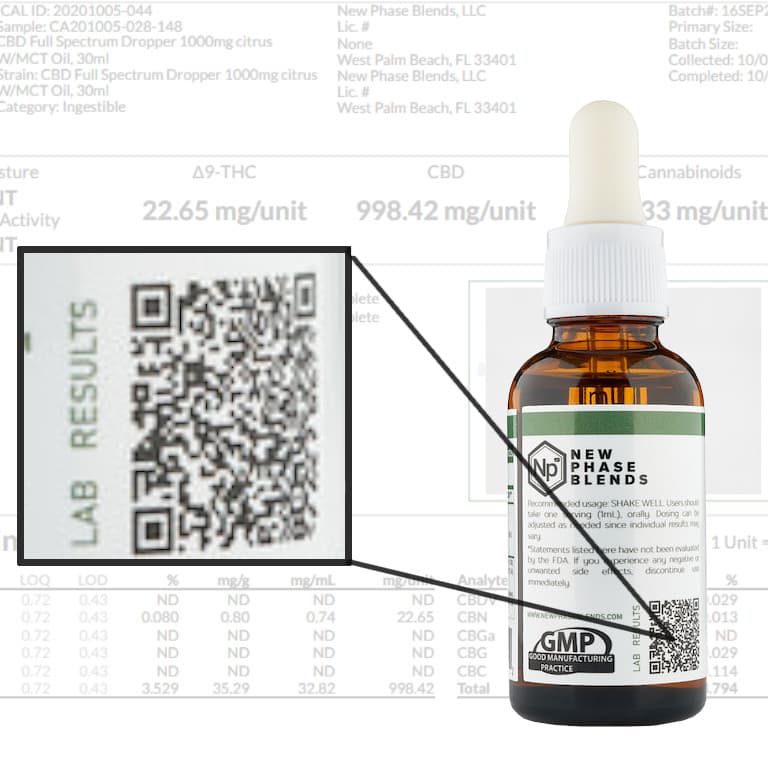
The source of hemp and extraction methods also play crucial roles in product quality. Premium CBD oils typically come from organic hemp grown in regulated environments, with CO2 extraction being the industry gold standard for safely concentrating cannabinoids. Companies should be transparent about their sourcing and processing methods.
Consider the concentration and potency of CBD oil carefully. Products vary widely in their CBD content per serving, and higher concentrations aren’t necessarily better. Your optimal concentration depends on factors like your body weight, metabolism, and desired effects.
Understanding CBD Basics
Before diving into product selection, it’s crucial to understand what CBD is and how it works in the body. CBD, or cannabidiol, is one of more than 100 cannabinoids found naturally in the hemp plant. Unlike its well-known cousin THC (tetrahydrocannabinol), CBD doesn’t produce psychoactive effects, meaning it won’t make you feel “high.” This characteristic makes CBD an attractive option for those seeking potential benefits without cognitive impairment.
It’s important to note that while CBD shows promise for various applications, you should always consult with a healthcare provider before starting any CBD regimen, especially if you have existing medical conditions or take other medications.
Different CBD Oils to Choose From
When shopping for CBD oil, you’ll encounter three main types, each with distinct characteristics and potential benefits. Understanding these differences is crucial for making an informed choice:
- Broad spectrum CBD oil
- Full spectrum CBD oil
- CBD isolate
Full-spectrum CBD oil contains all the naturally occurring compounds found in the hemp plant, including trace amounts of THC (up to 0.3% by law). This complete profile of cannabinoids, terpenes, and flavonoids works together to create what’s known as the “entourage effect,” where the compounds may enhance each other’s beneficial properties. Due to the THC content, full-spectrum products might not be suitable for everyone, particularly those who undergo regular drug testing.
See also: Ultimate Guide to Pure CBD Oil
Broad-spectrum CBD oil offers a middle ground. It contains multiple cannabinoids and beneficial compounds from the hemp plant but goes through additional processing to remove virtually all THC. This option provides many of the potential benefits of the entourage effect while minimizing THC exposure.
CBD isolate represents the purest form of CBD, containing 99% or more pure cannabidiol with all other compounds removed. This option is ideal for those who want to avoid THC entirely or prefer to know exactly what they’re consuming. However, users won’t experience the potential benefits of the entourage effect with isolate products.
How Different CBD Products Work: Absorption Time and Effectiveness
When choosing a CBD product, it’s helpful to understand how quickly each type works and how much of the CBD your body can actually use. Some products work faster than others, and your body absorbs more CBD from certain types of products. Let’s explore how each method works so you can choose the one that best fits your needs.
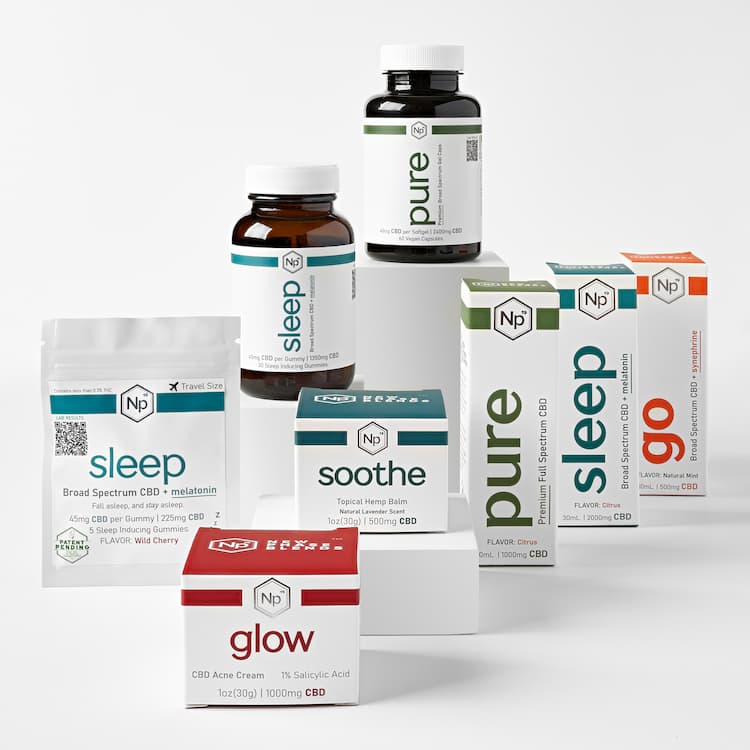
Sublingual tinctures, which are placed under the tongue, offer relatively high bioavailability with absorption rates between 20-30%. The effects typically begin within 15-45 minutes and can last several hours. This method provides good control over dosing and maintains the oil’s shelf life effectively.
Oral capsules and edibles must pass through your digestive system, resulting in lower bioavailability (typically 13-19%) and slower onset times of 30-90 minutes. However, they offer precise dosing and convenience for daily use. Taking these products with fatty foods can improve absorption.
Vaporized CBD provides the highest bioavailability (30-40%) and fastest onset (1-3 minutes), though effects may not last as long as other methods. This method requires specific equipment and may not be suitable for everyone.
Topical applications work differently, as they don’t enter the bloodstream. Instead, they interact with local cannabinoid receptors in the skin, making them ideal for targeted application. The absorption rate varies significantly based on the product formulation and application area.
Quality Indicators and Safety Considerations For CBD
When evaluating CBD oils, several quality indicators can help ensure you’re getting a safe, effective product. A comprehensive Certificate of Analysis should include results for:
Cannabinoid potency testing, which verifies the exact amounts of CBD and other cannabinoids present. This helps confirm that the product contains the advertised amount of CBD and complies with legal THC limits.
Contaminant screening, including tests for pesticides, heavy metals, residual solvents, and microbial contamination. These results ensure the product is safe for consumption and free from harmful substances.
Terpene analysis, which identifies and quantifies the aromatic compounds that contribute to the product’s effects and flavor profile. This is particularly relevant for full-spectrum and broad-spectrum products.
How to Read CBD Labels
Understanding CBD product labels helps you make informed decisions and avoid misleading marketing. Look for the following essential information on every product:
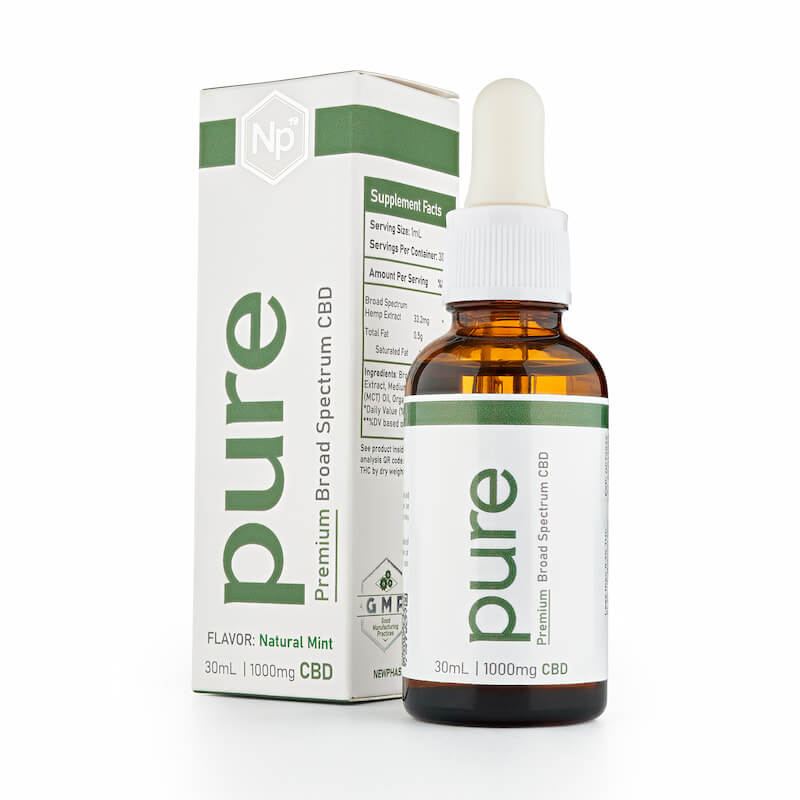
Total CBD content should be clearly stated in milligrams (mg) for the entire container and per serving. This allows you to calculate the concentration and determine if the product meets your needs.
The ingredient list should be comprehensive and transparent, listing all active and inactive ingredients. Watch for artificial additives, preservatives, or carrier oils that might affect the product’s quality or your experience.
Batch numbers and manufacturing dates help track product freshness and enable you to cross-reference lab results. Most CBD oils have a shelf life of one to two years when properly stored.
How Much CBD Should You Take?
Determining how much CBD you should consume requires a personalized approach. Many factors influence how your body responds to CBD, including your body weight, metabolism, the condition you’re addressing, and the product’s concentration.
Start with a conservative dose of around 40mg per day and gradually increase it while monitoring your response. Keep a journal to track your dosage, timing, and effects. This systematic approach helps you find your optimal dose while minimizing the risk of adverse effects.
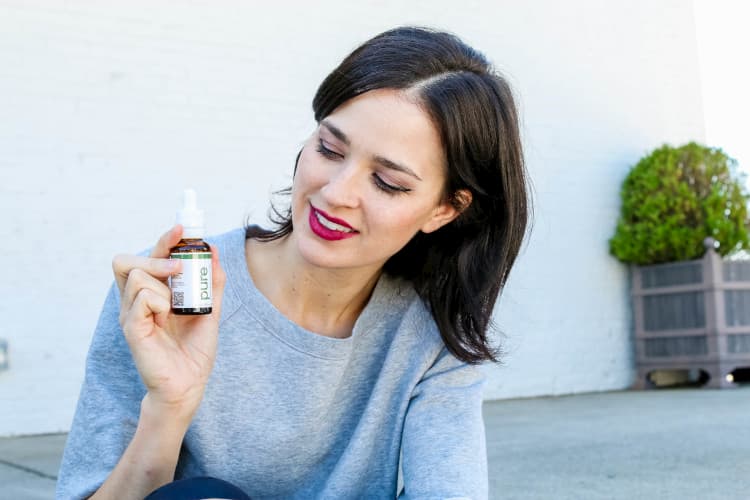
Remember that consistency is key when using CBD. Regular use may be more beneficial than sporadic administration, as CBD can accumulate in your system over time.
Frequently Asked Questions About Deciding on a CBD Oil
Many consumers have common questions about CBD use and selection. Here are answers to some frequently asked questions:
How long does CBD stay in your system?
CBD typically remains in your system for 2-5 days, though this can vary based on usage frequency, dosage, metabolism, and body composition. Regular users may retain CBD for longer periods.
Will CBD oil make me fail a drug test?
Full-spectrum CBD products contain trace amounts of THC and could potentially trigger a positive drug test. If drug testing is a concern, choose CBD isolate or broad-spectrum products that contain no detectable THC.
How should I store CBD oil?
Proper storage extends your product’s shelf life and maintains its potency. Keep CBD oil in a cool, dark place away from direct sunlight and heat. Store bottles upright and tightly sealed, and use them before the expiration date.
Final Recommendations
Choosing the right CBD oil requires careful consideration of multiple factors, from product type to quality indicators. Start by identifying your specific needs and preferences, then research products that align with these requirements. Look for companies that prioritize transparency through third-party testing and clear labeling. Begin with a lower concentration product and adjust gradually based on your response.
Remember that while CBD shows promise for various applications, it’s not a miracle solution. Work with healthcare providers to integrate CBD into your wellness routine safely and effectively, and always stay informed about the latest research and regulations in this rapidly evolving industry.



